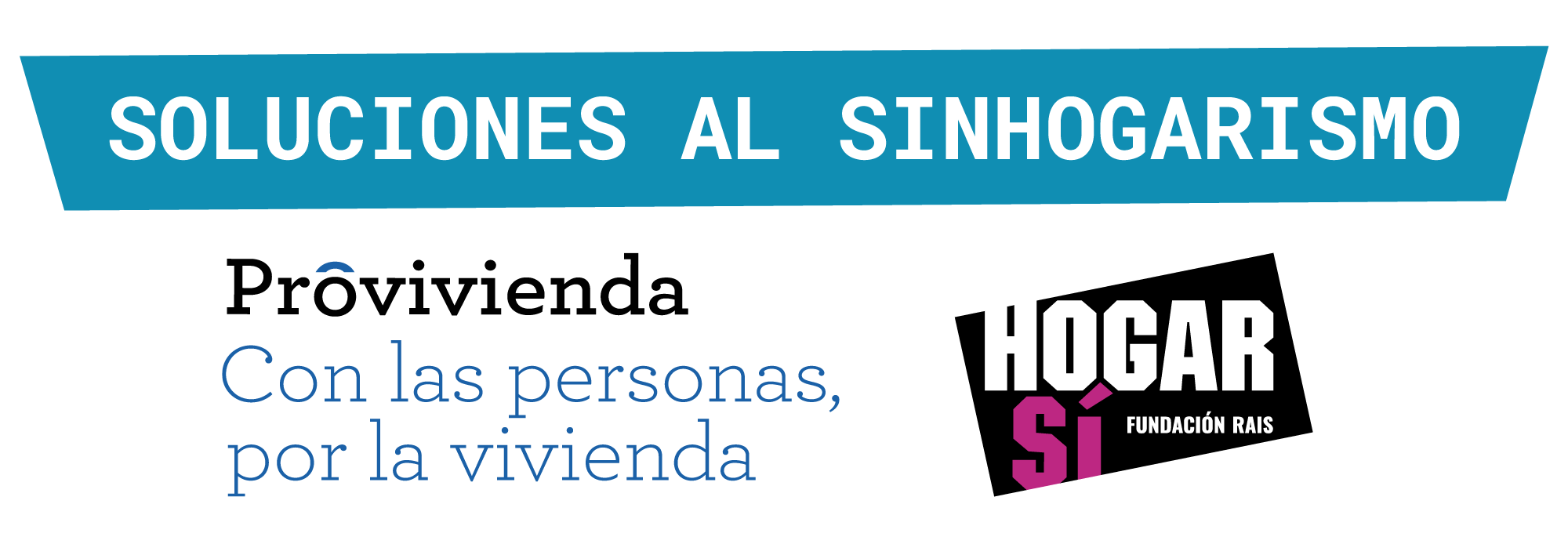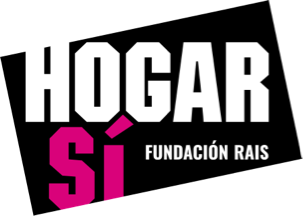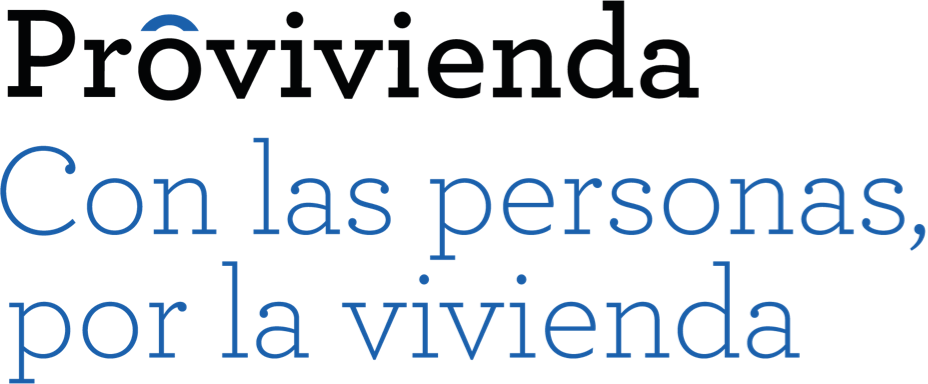Abdelali's story is unique and, at the same time, similar to that of so many other people who leave their country in search of more than just a better future. We know this because, in the Rights to Housing program, 60.6% of participants are migrants: people who risk their lives in search of a present.
Unfortunately, however, not all the stories of migrants in Spain continue like that of this 27-year-old. As a client of Housing Rights in the Early Attention line, Abdelali has achieved an autonomous exit from the program based on the plan he defined himself with the support of his socio-educational technician, Javi Porto.
It is not the first time that we talk about this priority objective of social innovation programs: the autonomous exit. It is the main indicator of all the actions we carry out in social innovation projects, in order to measure the results of the different methodologies that prioritize the autonomy of homeless people in order to end homelessness. The effectiveness of these actions is more evident and understandable to us when we tell them through real stories.
Abdelali, of Moroccan origin, entered Spain irregularly several months ago.He spent several days in the street and, on November 6, he completed his autonomous departure. We do not share his photo for two reasons: his case is not unique, his image is not relevant and we respect his desire to remain anonymous, as well as to transmit one of his sporting passions. However, Abdelali welcomes the opportunity to share his story with others, in the hope that it can serve as an inspiration and/or reference for many other homeless people or technical colleagues.
After reaching his destination (Spain), Abdelali had his passport withdrawn and received a deportation order. This situation led him to spend several days on the street and then to access a residential resource: a first reception shelter. What follows are the words of Javi Porto, who welcomed him on his first day at the shelter:
"We met Abdelali the day he came to the presentation of the Early Childhood Care program. At that moment, even with the difficulties he had (and still has) not speaking the language, he saw an opportunity and agreed to sign up. The beginning was difficult, his plan was to wait 2 years in the shelter and to be able to regularize his administrative situation in order to be able to work. Abdelali has extensive experience in hairdressing and, in parallel, has a law degree in his country of origin.
At this early stage in the pre-contemplative phase, when Abdelali is not considering looking for housing, we tell him again what the program consists of. Using audio in Arabic, we then encourage him to re-read the participation agreement. The young man reacts and starts actively looking for housing, but does not find it. He then moves into a transitional apartment.
After a few months, we talked to him about the importance of taking advantage of the existing networks for the Arab population, so that he could start looking for a residential alternative in the community, as well as a job that would allow him to live independently. From that moment on, he "got down to work" and contacted different hermitages in the town where the transitional housing was located.
Once there, he understands the importance of having a resume and starting to "move" through the contacts he is making. All this, in parallel, fulfilling his passion: sport, specifically boxing. In a matter of 20 days he gets a room in the community and a job that, although without a contract, allows him to have an income of approximately 1,100 euros.
We then began the phase of reduction of financial aid and agreed with him his autonomous exit from the program on November 6, 2023, with monthly monitoring by the socio-educational technician for the next 6 months. In the following link you can see his exit plan.
During the process, it was very important to focus on Abdelali's strengths and to translate the many existing tools into Arabic, so that he could more easily explore all the services and their potential to meet his needs.
It is indescribable her face, her non-verbal expression, when leaving the program. We are faced with a person who is empowered and satisfied with herself. She is also open to talk to other people in the program to help her in her processes".
Writing: Marta García-Muñoz (communication technician for social innovation projects) and Javi Porto (socio-educational technician in housing rights).
Image: Julia Larson.






